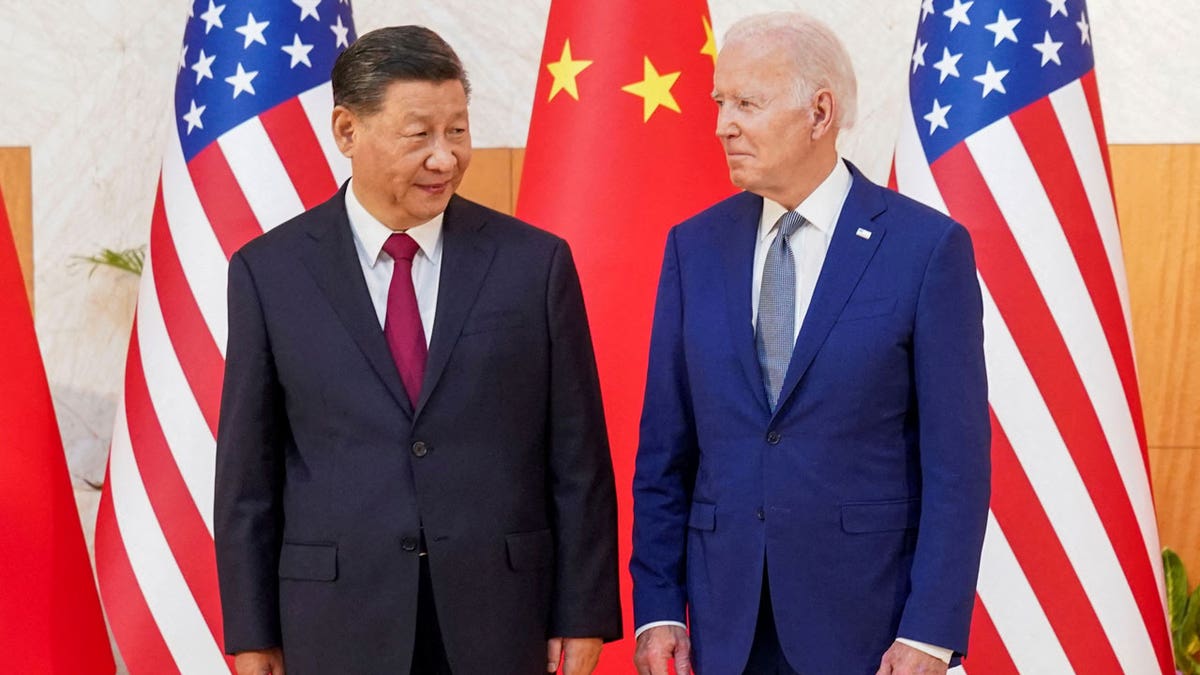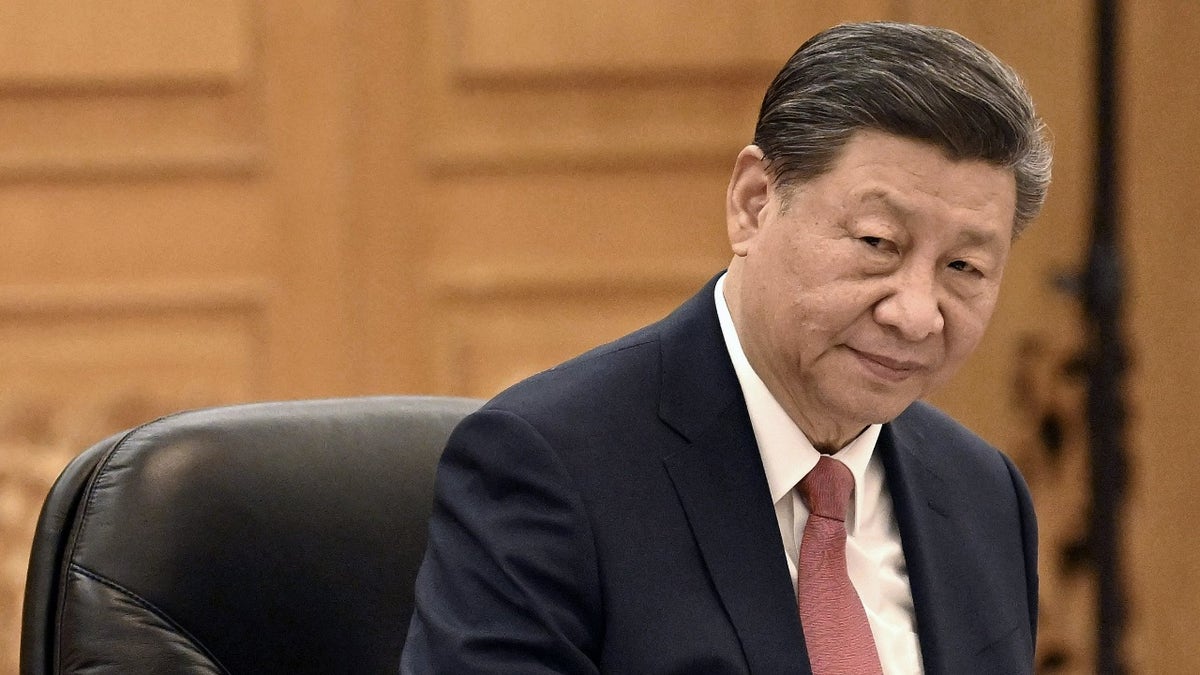'This scares me’: Decorated veteran sounds alarm on an America stretched to its limits
Snowpoint Ventures Co-Founder Doug Philippone warns that China is closely watching to see how well the U.S. can replenish its weapons stockpiles after shipping munitions to allies.
China is continuously assessing America’s ability to replenish its stockpiles after supplying weapons to Israel and Ukraine, a critical factor in Beijing's considerations over an invasion of Taiwan, according to a defense expert.
"Between Ukraine and then now the Middle East," there’s been "a real material effect on our stockpiles of weapons systems," said Doug Philippone, who co-founded the defense sector venture capital firm Snowpoint Ventures. China is "assessing it in real time" and is "assessing our ability to rebuild these systems."
U.S. weapons sales abroad, driven by the Ukraine war, hit a record $238 billion last year, the BBC reported. And following Hamas’ Oct. 7 attack on Israel, the Biden administration has increased military supplies to the Jewish state, including laser-guided missiles, 155mm shells and bunker-buster munitions, according to an internal Department of Defense list obtained by Bloomberg.
WATCH MORE FOX NEWS DIGITAL ORIGINALS HERE
China is "watching, and I think that they're seeing us at our limits," Philippone said. "Then they start to model this idea of like, ‘could we take Taiwan?’ And then what would the efficacy of the U.S. military be?"
Pentagon officials’ concern over America’s weapons stockpile grew soon after Hamas’ invasion. They began asking U.S. arms manufacturers to speed up production, though Defense Secretary Lloyd Austin remained confident in being able to support war efforts in both Ukraine and Israel, CNN reported in October.
Multiple reports last year indicated that the U.S. was struggling to replenish its stockpiles.

Chinese President Xi Jinping is sizing up how well the U.S. can replenish its stockpiles after supplying weapons to Israel and Ukraine in their war efforts, says Doug Philippone, a defense expert. (REUTERS/Kevin Lamarque/File Photo)
AMERICA UP FOR 'REALY WILD YEAR AS ALLIES, ENEMIES EVALUATE PRESIDENTIAL CANDIDATES: DEFENSE EXPERT
Philippone, who has headed the global defense program for the data analytics firm Palantir Technologies since 2008 and commanded multiple Joint Special Operations Command outstations during his 18 years in the Army, said that if he were preparing to invade Taiwan, he would "siphon away" America’s focus, logistics and weapons systems "so that they’re pulled really thin."
Is China "setting up to do this? I don't know. But it scares me," Philippone said.
Beijing, in fact, has helped Moscow avoid sanctions levied over its invasion of Ukraine, and trade between the nations has boosted Russia’s economy. But counter to Philippone’s strategy, China reportedly asked Iranian officials for help stopping Houthi attacks on commercial ships in the Red Sea.

Philippone worries that Jinping is weighing America's ability to replenish its weapons stockpiles as part of an assessment into whether China should invade Taiwan. (Getty Images)
INTELLIGENCE REPORT ACCUSES CHINA OF ACTING AS SANCTIONS BACKDOOR FOR RUSSIA
China’s defense minister recently said Russia had his country's full support in the Ukraine war, Newsweek reported last week. A spokesperson said later, however, that Beijing's position on the conflict hadn’t changed and hopes "all parties will strive to cool down."
Meanwhile, in the Red Sea, Chinese officials demanded Tehran order the Iranian-backed Houthis to "show restraint," an Iranian source told Reuters in January. China, a major trade partner with the Middle Eastern nation, threatened that business with Iran would be impacted if its "interests are harmed in any way," the source said.
CLICK HERE TO GET THE FOX NEWS APP
But Iranian officials denied that report. China, unlike the U.S., hasn’t taken military action in response to Houthi attacks.
Still, Philippone fears China’s activities and worries its motivation is to "work against the West or the U.S., in particular, being the hegemony of the world."






















